
Causes of tooth grinding
People who have problems with tooth grinding seek help from dentists and they make these special dental implants. However, the implants help only during the night but they do not solve the problem of pain. The reason why dentists cannot help a patient is because this disorder is complicated and there are several factors that can cause tooth grinding to occur. In most cases the factors are emotional and physical.
A lot of people did not have these problems before some sort of an accident for instance. Another thing that can cause it is stress. These are obvious causes and that is not the case in most situations.
Symptoms
A huge part of the problem are the weak and tense muscles of the jaw that are not able to support the jaw in a right way. Not being able to do so, these muscles will push the jaw out of its position. A person can compare this problem with a back problem. Tooth grinding develops the same way.
In most cases, tooth grinding started as a minor problem in the form of a light bump on the jaw or a short period of intense feelings. However, it is in these situations that the jaw muscles tense and push the jaw out of its position and then it becomes a huge problem.
Problems of a misplaced jaw
In order to get rid of the pain a person needs to loosen up the jaw muscles and make them stronger. There are exercises that can be done in order for that to happen.


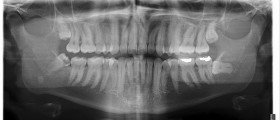

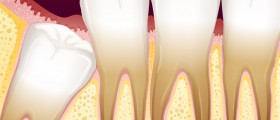

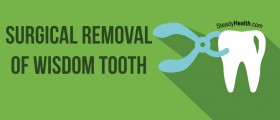


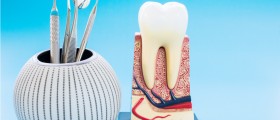
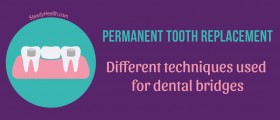


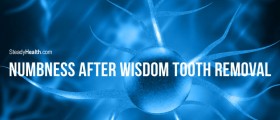



Your thoughts on this
Loading...